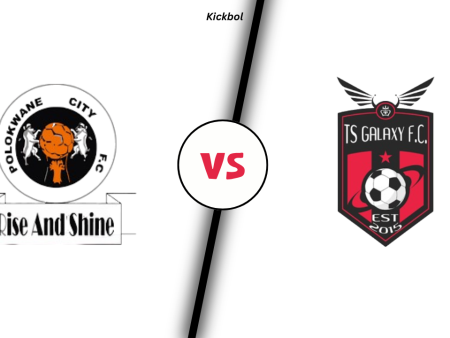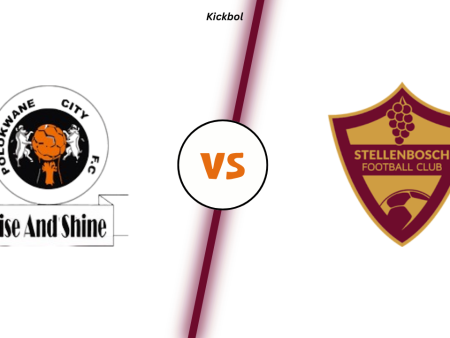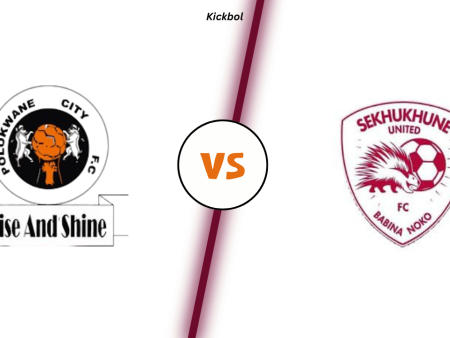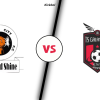The Weserstadion is set to witness another chapter in the intriguing rivalry between Werder Bremen and Hoffenheim. These two sides, while differing in their history and traditions, consistently produce captivating encounters packed with goals and drama. Let’s delve into the intricacies of this matchup, exploring their head-to-head record, tactical approaches, historical context, legendary goalscorers, key players, and recent transfer activity.
The rivalry between Bremen and Hoffenheim is a fascinating contrast between a storied club with a rich history and a modern outfit with a rapidly growing reputation. Bremen, founded in 1899, boasts a trophy cabinet filled with Bundesliga titles and European glory. Their tradition and connection to the city of Bremen create a unique atmosphere at the Weserstadion, where passionate fans have witnessed countless memorable moments.
Hoffenheim, on the other hand, is a relative newcomer to the Bundesliga scene. Their rise to prominence began in the early 2000s, fueled by the investment of software billionaire Dietmar Hopp. While lacking the historical accolades of Bremen, Hoffenheim has established itself as a competitive force in German football, consistently challenging for European places. Their modern, forward-thinking approach has earned them a reputation as an innovative and exciting team.
The contrast between these two clubs extends beyond their history and tradition. Bremen’s playing style is characterized by high-energy pressing, while Hoffenheim favors a more possession-based approach. Bremen’s attacking relies heavily on quick transitions and the creative spark of their midfielders, while Hoffenheim’s threat revolves around exploiting spaces between the lines and utilizing the width provided by their wingers.
The tactical battle between these two contrasting styles often leads to an enthralling chess match on the pitch. Bremen’s aggressive pressing can disrupt Hoffenheim’s rhythm, while Hoffenheim’s possession-oriented approach can test Bremen’s defensive organization. The outcome of the game often hinges on the ability of both teams to execute their tactical plans effectively and adapt to the challenges presented by their opponents.
Head-to-Head: A Closely Contested Affair
Historically, the fixture has been a tightly contested affair, with both sides enjoying periods of dominance. A look at the overall head-to-head record reveals a fascinatingly even battle:
| Stat | Werder Bremen | Hoffenheim |
|---|---|---|
| Matches Played | 33 | 33 |
| Wins | 14 | 9 |
| Draws | 10 | 10 |
| Goals Scored | 57 | 55 |
As the numbers suggest, predicting a clear winner in this fixture is a fool’s errand. The margins are razor-thin, and the outcome often hinges on individual brilliance or a momentary lapse in concentration. One thing is certain, though: goals are usually on the menu. The average goals per game in this fixture sits at a healthy 3.39, promising an entertaining spectacle for the neutral.
Tactical Battleground: Contrasting Styles
Werder Bremen, under Ole Werner, typically employ a high-energy, pressing style, often lining up in a 3-5-2 formation. This system allows them to control the midfield and create overloads in wide areas. Their attacking approach relies heavily on quick transitions and the creative spark of their attacking midfielders.
Hoffenheim, on the other hand, favor a more possession-based approach under Pellegrino Matarazzo. They tend to utilize a 4-3-3 system, focusing on patient build-up play and intricate passing combinations. Their attacking threat revolves around exploiting spaces between the lines and utilizing the width provided by their wingers.
The tactical battle between these two contrasting styles often leads to an enthralling chess match on the pitch. Bremen’s aggressive pressing can disrupt Hoffenheim’s rhythm, while Hoffenheim’s possession-oriented approach can test Bremen’s defensive organization.
A Tale of Two Clubs: History and Tradition
Werder Bremen, founded in 1899, boasts a rich and storied history. They are four-time Bundesliga champions and six-time DFB-Pokal winners. Their European pedigree is equally impressive, with a UEFA Cup Winners’ Cup triumph in 1992 being the pinnacle of their continental exploits. The club’s identity is deeply rooted in its connection to the city of Bremen and its passionate fanbase.
Hoffenheim, in contrast, is a relative newcomer to the Bundesliga scene. Their rise to prominence began in the early 2000s, fueled by the investment of software billionaire Dietmar Hopp. While lacking the historical accolades of Bremen, Hoffenheim has established itself as a competitive force in German football, consistently challenging for European places. Their modern, forward-thinking approach has earned them a reputation as an innovative and exciting team.
Goalscoring Legends: Etched in History
Both clubs have witnessed some prolific goalscorers grace their ranks over the years. For Werder Bremen, the name Claudio Pizarro is synonymous with goalscoring prowess. The Peruvian striker, with his clinical finishing and aerial ability, is the club’s all-time leading scorer with 109 Bundesliga goals. Marco Bode, another Bremen legend, is renowned for his versatility and crucial goals in their 1992 Cup Winners’ Cup triumph.
Hoffenheim’s all-time top scorer is Andrej Kramarić. The Croatian forward, known for his technical skills and lethal finishing, has consistently found the back of the net for Hoffenheim since joining in 2016. Sejad Salihović, with his deadly free-kicks and long-range shooting, is another player who left an indelible mark on Hoffenheim’s attack during his time at the club.
Players to Watch: The Current Generation
The current squads of both teams possess exciting talents capable of influencing the outcome of the game. For Werder Bremen, Niclas Füllkrug is a striker in red-hot form. His physical presence, aerial prowess, and clinical finishing make him a constant threat to any defense. Marvin Ducksch, with his creativity and eye for a pass, is another key player in Bremen’s attacking arsenal.
Hoffenheim’s attacking hopes rest largely on the shoulders of Andrej Kramarić. His ability to create and score goals makes him a vital cog in their offensive machinery. Christoph Baumgartner, with his intelligent movement and technical ability, is another player who can unlock defenses and provide crucial assists. In midfield, Dennis Geiger provides the steel and defensive solidity, allowing the attacking players to flourish.
Transfer Activity: Shaping the Squads
Both clubs have been active in the transfer market, aiming to strengthen their squads for the challenges ahead. Werder Bremen secured the services of Jens Stage, a promising Danish midfielder, to bolster their midfield options. They also acquired Amos Pieper, a young and talented defender, to reinforce their backline.
Hoffenheim, on the other hand, made a significant investment in Kasper Dolberg, a Danish striker with a proven goalscoring record. They also added Stanley Nsoki, a versatile defender, to provide defensive cover and tactical flexibility. These additions highlight the ambition of both clubs to compete at the highest level.
Conclusion: A Rivalry Renewed
As Werder Bremen and Hoffenheim prepare to lock horns once again, the stage is set for another enthralling encounter. The historical context, contrasting playing styles, and individual brilliance of key players promise a captivating spectacle. Will Bremen’s high-energy pressing overwhelm Hoffenheim’s possession-based approach? Or will Hoffenheim’s tactical discipline and attacking flair prove too much for Bremen to handle?
The beauty of this fixture lies in its unpredictability. Form often goes out the window when these two sides meet, and the outcome is rarely a foregone conclusion. One thing is certain: the fans can expect a passionate and fiercely contested battle, with both teams vying for bragging rights and crucial points.
This clash between tradition and ambition, between contrasting styles and individual brilliance, is a testament to the captivating nature of the Bundesliga. As the players take to the field, they carry the weight of history and the hopes of their fans. The Werder Bremen vs Hoffenheim fixture is a rivalry renewed, a story waiting to be written, and a spectacle not to be missed.










